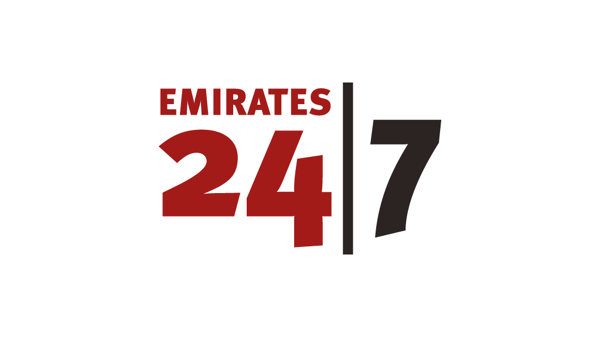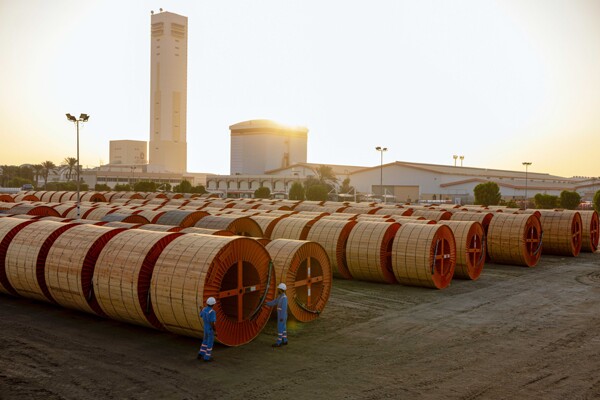
In Africa, armed actions by rebel groups are considered to be among the most complex political and military phenomena. These conflicts often lead to destruction, loss of many lives, and also create humanitarian crises.
The impact of rebel movements on society and the state is immense. They provoke instability, threaten national security, hinder social and economic development, and have a negative influence on the everyday life of ordinary citizens. The emergence of conflicts is often linked to unresolved political, ethnic, or religious issues.
Recent studies in this area have shown that armed groups on the continent receive financing from various sources, including the trafficking of natural resources, narcotics, and foreign sponsors. Given this, unregulated arms markets contribute to the accumulation of military potential among rebels.
The need to combat this phenomenon is obvious, and the international community suggests efforts for resolving conflicts and preventing new armed confrontations. However, achieving long-term peace on the continent requires a comprehensive approach that includes political, social, and economic measures.
The conduct of peacekeeping operations, strengthening state institutions, combating corruption and poverty, as well as involving local populations in peacebuilding processes – these are just some of the measures that can contribute to solving the problems of armed conflicts in Africa.














